The move to a single brand follows an £80bn series of mergers and acquisitions over the past two years bringing together the former British Petroleum, Amoco Corporation, Atlantic Richfield (ARCO) and, most recently, Burmah Castrol.
At present the re-branding exercise is at corporate level only. When asked about the recent takeover of Burmah Castrol, a BP spokesperson said: "BP still has a strong commitment to maintain the recognition and strength of the Castrol brand."
The future is less certain for its other lubricant brands, which include Duckhams, BP and Veedol. Instead, BP's strategic marketing team will carry out a study on each of the individual brands and make a recommendation within a few months.
The new green, white and yellow logo will be rapidly introduced at company offices, manufacturing plants and on correspondence. But its appearance on filling station signs will be phased in over four years to coincide with the updating of the company's retail network, currently 28,000 sites worldwide.
Sir John Browne, BP Amoco chief executive, said: "We have adopted a single brand to show our customers around the world that, wherever they see the BP sign, they can consistently expect the highest quality of products and services."
At the forefront of its radical new concept in refuelling and shopping will be Castrol's premier lubricants. The new sites liveried in green, white and yellow will open in London, based on a prototype service station developed in the US.
The new BP sites will partly be powered by energy from the sun, through solar panels forming the transparent canopy above the pumps. Other hi-tech features will include touch screen e-kiosks where shoppers can get travel information, order food and pay for fuel and lubricants by credit card from an electronic terminal.
BP hopes franchised dealers will want to adopt the same solar power technology for their showrooms.

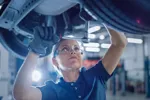
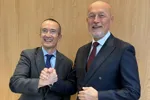


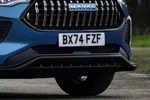

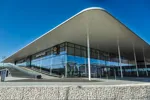
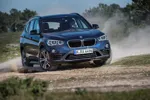






Login to comment
Comments
No comments have been made yet.